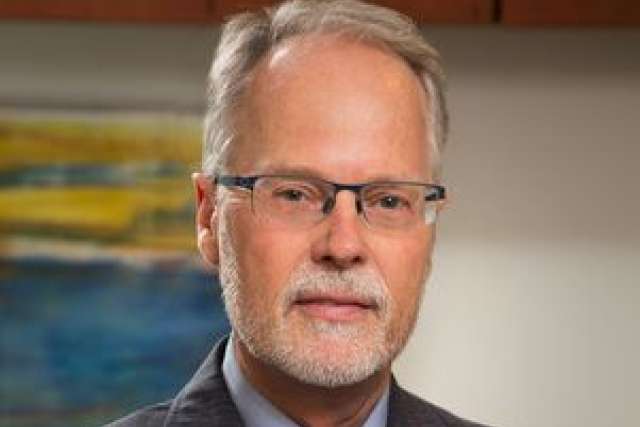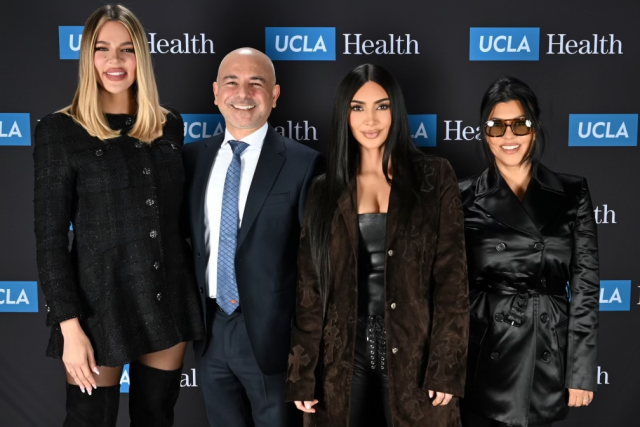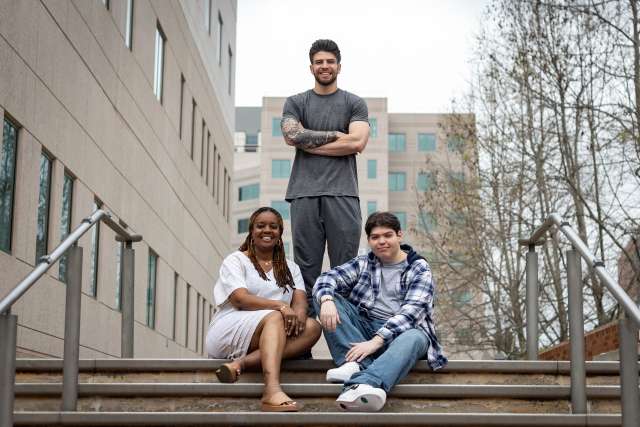Everybody has a restless night now and again, but sleep disturbances among the elderly are a significant medical and public health concern.
An estimated 50 percent of people aged 55 and older suffer from some form of sleep problem, including not being able to fall asleep or not being able to stay asleep when they do. And those nighttime issues can carry over into the day, causing fatigue, depression and a diminished quality of life. Medications can help but they are, at best, temporary fixes, and they can cause daytime side effects and carry the risk of drug dependency.
All of which has created an urgent need for a way to help older adults sleep better without a pill.
Researchers at UCLA’s Semel Institute for Neuroscience and Human Behavior say they’ve found a relatively simple mind–body intervention that fits the bill. Working with collaborators at the University of Southern California’s Keck School of Medicine, the scientists found that mindfulness meditation promotes sleep quality in older adults who suffer from moderate sleep complaints.
Their research appears in the Feb. 12 online edition of the Journal of the American Medical Association, Internal Medicine.
Dating back thousands of years, the practice of mindfulness meditation involves paying attention to — but not reacting to, judging or being distracted by — one’s own moment-by-moment thoughts, emotions, and physiological responses and sensations.
Mindful awareness has scientific support as a means to reduce stress, improve attention, boost the immune system, reduce emotional reactivity and promote a general sense of health and well-being.
Essentially, that means “staying in the present and not judging your thoughts or observations,” said Dr. Michael Irwin, the study’s senior author, a UCLA professor of psychiatry and director of the Cousins Center for Psychoneuroimmunology at the Semel Institute.
Previous studies by Cousins Center researchers showed that tai chi, a Chinese martial art based on slow movement and meditation, can improve sleep quality in older adults. In the current study, the researchers tested whether meditation involving mental practices alone would have similar benefits.
The randomized control trial involved 49 volunteers 55 and older, divided into two groups. One group completed a six-week, two-hour-per-week program during which participants were taught about sleep biology, sleep problems, stress biology and stress reduction; relaxation methods for improving sleep; and modifying poor sleep habits and establishing a bedtime routine.
The second group participated in a mindfulness meditation course of similar duration. In addition to lectures and group discussions, weekly sessions covered experiential mindfulness exercises, including an “appreciation meditation” that focused on expressing gratitude, along with mindful movement and sitting meditations.
The researchers evaluated participants’ changes in sleep quality using the Pittsburgh Sleep Quality Index, a commonly used questionnaire that assesses sleep quality and disturbances. They found that, compared with people whose program focused only on sleep hygiene education, participants in the mindfulness meditation group showed a greater improvement in their quality of sleep — similar in magnitude to the sleep improvements reported in other studies using standard behavioral treatment or sleeping aids.
In addition to better sleep quality, the mindfulness group also reported fewer insomnia symptoms, less fatigue and less depression than the sleep hygiene education group.
The researchers note that more research is needed to validate the findings and determine the longer-term effects of mindfulness meditation on sleep.
“All of us have had sleepless nights and we’ve all experienced what that does to us the day after,” Irwin said. “Imagine if you were living with this day in and day out; it can be exhausting, and certainly detrimental to your health, particularly for the elderly population. The practice of mindfulness appears to promote a good night’s sleep.”
Other authors were Richard Olmstead and Elizabeth Breen of UCLA; and first author David S. Black and Gillian O’Reilly of USC.
The work was supported by the UCLA Older Americans Independence Center (AG028748), the UCLA Clinical and Translational Science Institute (UL1TR000124), the National Institute of Mental Health (5T32-MH019925, R01-AG034588, R01-AG026364, R01-CA160245-01, R01-CA119159, R01-HL095799, R01-DA032922-01, and P30-AG028748), the Furlotti Family Foundation, the Petit Foundation and the Cousins Center for Psychoneuroimmunology.



